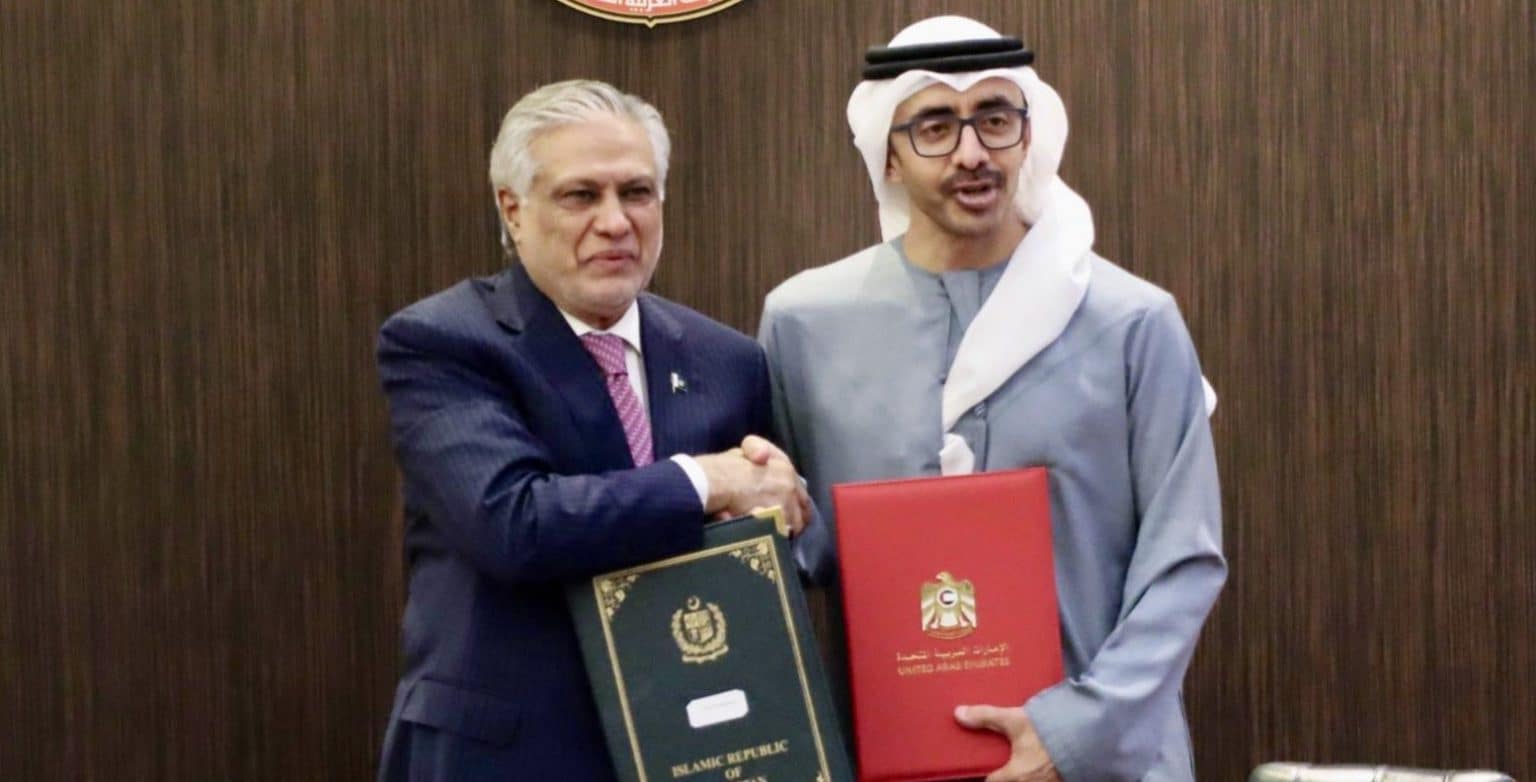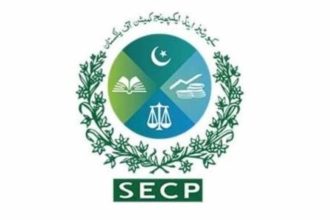On June 24, 2025, Pakistan and the United Arab Emirates (UAE) signed three Memoranda of Understanding (MoUs) during the 12th session of the Pakistan-UAE Joint Ministerial Commission (JMC) in Abu Dhabi, marking a significant step to strengthen bilateral ties.
The agreements cover mutual visa exemptions, a joint task force for investment promotion, and collaboration in artificial intelligence (AI) and the digital economy, reflecting a shared vision for enhanced cooperation.
The MoUs, announced by Pakistan’s Foreign Office on June 25, include:
- Mutual Exemption of Entry Visa Requirements: Visa-free travel is available for holders of diplomatic and official passports, as Deputy Prime Minister and Foreign Minister Ishaq Dar highlighted in an X post.
- Joint Task Force for Investments: A framework to promote and facilitate investment opportunities between the two nations.
- AI and Digital Economy Collaboration: A commitment to advance technological innovation and digital transformation.
The Joint Ministerial Commission (JMC) reconvened after a 12-year hiatus, co-chaired by Pakistan’s Ishaq Dar and Sheikh Abdullah bin Zayed Al Nahyan, the UAE’s Deputy Prime Minister. Tariq Bajwa, Pakistan’s Special Assistant to the Prime Minister, and Ahmed Ali Al Sayegh, the UAE Minister of State, led preparatory discussions.
My Brother HH Sheikh Abdullah bin Zayed @ABZayed and I signed an agreement on mutual visa exemption for the holders of diplomatic & official passports of our two countries, at the conclusion, very late last night, of a highly productive 12th session of the Pakistan-UAE Joint… pic.twitter.com/MQX671bhEk
— Ishaq Dar (@MIshaqDar50) June 25, 2025The session reviewed Pakistan-UAE relations and agreed on measures to deepen cooperation in trade, banking, and investment; culture, aviation, and railways; energy, food security, and climate change; defence, healthcare, and manpower; higher education, and information technology.y
Both nations emphasised the need to strengthen institutional mechanisms and improve interministerial coordination to drive progress. A protocol outlining follow-up actions, including sectoral working groups and reciprocal visits, was signed.






